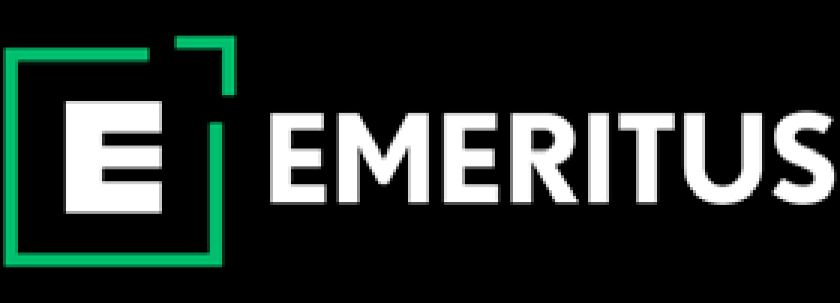What are the Roles and Responsibilities of a Supply Chain Analyst

A supply chain analyst or specialist makes sure the company’s supply and consumer demand are balanced. They are responsible for managing the company’s supply networks, guaranteeing prompt delivery, and maintaining financial accountability. In this article, let’s learn about the roles and responsibilities of a Supply Chain Analyst.
Who is a Supply Chain Analyst?
An organization’s ability to deliver goods and services to its clients is predicted and improved by a supply chain analyst’s analysis of data and delivery techniques. The successful operation of an organization’s supply chain depends on it, making the supply chain analyst a crucial position.
Data is used by analysts to support their suggestions for improving production, supply, and transportation processes inside the organization. They normally report to a manager or director of supply chain management, though occasionally they may directly report to a general manager, depending on the size and type of firm.
Project Management Courses
Roles and Responsibilities of a Supply Chain Analyst
Through data gathering and analysis, supply chain analysts boost the effectiveness of supply chain operations. The position calls for strong analytical abilities, superb attention to detail, and a thorough understanding of the delivery process. They collect data from many departments and make suggestions for ways to improve the supply chain using their interpersonal and problem-solving abilities. Here are some roles and responsibilities of a Supply Chain Analyst:
- Analyses route schedules or load plans, historical activity, and customer trends in order to make suggestions for enhancing routing efficiency and solution efficacy.
- Assist in developing and putting into practice a supply chain solution
- Recognize chances for the customer to save money.
- Take care of the recurring analysis and duties generating ongoing cost-saving measures.
- In order to eliminate waste, examine present procedures and suggest or implement improvements.
- Proactively control key performance indicators, undertake root cause analysis, and employ TM operating systems.
- Interact with clients to resolve issues and plan implementations
- Create weekly customer metrics for distribution and create customer performance reports.
- Meet deadlines for customers and create metrics dashboards that emphasize data unique to customers
- Adjusts the network and synchronizes the execution with the TM system
- Papers and maps typical operating procedures
- Uses tactical procedures every day in accordance with the defined business standards
- Respond to consumer inquiries with independence and discretion, then offer solutions.
- Collaborating with internal subject matter experts to address issues and assist with implementations
- Follow engineering-established procedures and assist in implementing any procedure adjustments and changes to the way that transportation is designed.
- Additional duties and projects that the supervisor has allocated
How to become a Supply Chain Analyst?
In order to be to reach the position, a supply chain analyst must possess at least a bachelor’s degree in logistics, supply chain management, or a closely related field. For candidates to recognize patterns, reduce risks, and enhance product delivery, excellent data collecting and analytics abilities are essential. In-house inventory and logistics management systems may be taught to new supply chain analysts by their employers.
A Supply Chain Analyst needs to be an expert in spreadsheet programmes, SQL analytic tools, and mathematical analysis. Additionally, employers seek candidates with credentials in supply chain management, logistics, and related fields. They also need to have logistics, supply chain, and inventory management experience along with data analysis software. The candidate will comprehend data analysis and interpretation and be able to draw out useful information from the data.
Supply Chain Analyst Courses
A properly managed supply chain can considerably lower a business’ operational costs, increasing profits. From the inception of a concept to the promotion of the finished product, this efficiency can be seen throughout the whole value chain. You can easily acquire this skill set by enrolling in one of the operations management courses online that Emeritus India offers in collaboration with the best universities in the world. With the help of these courses, you can go on to learn about project management along with project management life cycle and more.
Emeritus India offers some of the best operations management courses online, equipping you with the skills and knowledge required to attract the right opportunities. Emeritus India also collaborates with the top faculties and colleges around the world to design a course curriculum that can successfully address current market difficulties while preparing you for trends and dangers in the future. With the operations management courses online, you go on to learn what is project management, and what is project management life cycle is and understand the roles and responsibilities of a supply chain analyst.
The courses also include homework, tests, capstone projects, networking opportunities, a careful mix of academic and practical principles, and the chance to study with leading experts in the field. This enhances the all-encompassing learning experience that we want to give each learner.
The roles and responsibilities of a supply chain analyst can take many forms. You must determine which positions suit you and where your skills may be put to the best advantage. The ultimate goal of effective supply chain management is higher revenues through improved customer satisfaction and decreased operating costs.








